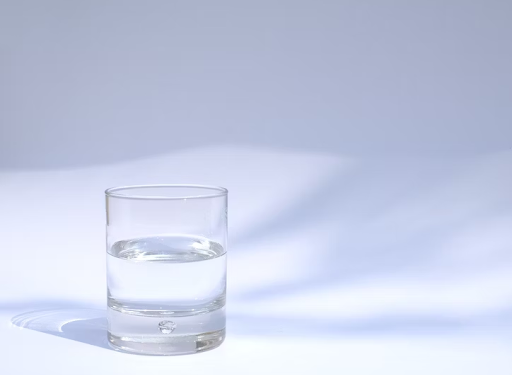Water is an essential resource that we rely on for various daily activities, from drinking and cooking to washing dishes and doing laundry. However, in many regions, the water supply is often plagued by a common issue: hard water. Hard water contains high levels of minerals like calcium and magnesium, which can cause a range of problems for homeowners. Fortunately, there is a simple and effective solution to combat hard water: home water softeners.
If you want to explore potential solutions, contact a reputable service like De Anza Water Conditioning today.
What are Water Softeners?
Water softeners are devices designed to remove or reduce the concentration of minerals present in hard water. Hard water forms when water percolates through deposits of limestone and chalk, picking up calcium and magnesium ions along the way. These minerals can create various issues within a household, such as limescale buildup, reduced soap lathering, and damage to plumbing systems and appliances.
How Do Water Softeners Work?
Water softeners operate on a simple yet effective principle known as ion exchange. They consist of a tank filled with resin beads that have a negative charge. When hard water flows through the resin bed, the positively charged calcium and magnesium ions are attracted to the negatively charged resin beads. As a result, the resin beads trap the minerals and release sodium ions in their place.
Once the resin bed becomes saturated with calcium and magnesium ions, it requires regeneration. During this process, a brine solution containing high concentrations of sodium or potassium is passed through the resin bed. The sodium or potassium ions displace the calcium and magnesium ions, effectively recharging the resin beads. The excess minerals are then flushed out of the system, leaving the water softened and ready for use.
Benefits of Home Water Softeners
Limescale Prevention: The primary benefit of water softeners is their ability to prevent limescale buildup. Limescale can accumulate in pipes, appliances, and fixtures, reducing water flow, clogging shower heads, and decreasing the efficiency of water heaters. Let’s face it, limescale is frustrating. By removing the minerals responsible for limescale, water softeners help extend the lifespan of plumbing systems and appliances, saving homeowners money on repairs and replacements.
Cleaner Dishes and Laundry: Hard water can leave unsightly spots and streaks on glassware, dishes, and silverware. Additionally, it can make clothes look dull and feel stiff after washing. Water softeners improve the effectiveness of detergents and soaps, allowing them to lather more readily and rinse away more effectively. This results in cleaner, spot-free dishes and softer, brighter laundry.
Improved Appliance Efficiency: Home appliances that use water, such as washing machines, dishwashers, and water heaters, can suffer from reduced efficiency and increased energy consumption due to the presence of hard water. Water softeners alleviate these issues by minimizing limescale formation in appliances, allowing them to operate at their optimal performance levels. This, in turn, leads to energy savings and extended appliance lifespans.
Healthier Skin and Hair: Hard water can leave a residue on the skin and hair, causing dryness, irritation, and dullness. By using water softeners, individuals can enjoy the benefits of softer water, which is gentler on the skin and hair. Soft water can help maintain moisture levels, resulting in smoother skin, reduced itchiness, and healthier-looking hair.
Eco-Friendly Solution: Water softeners offer an environmentally-friendly solution for managing hard water. By reducing the need for excessive detergents, soaps, and cleaning products, water softeners contribute to a decrease in chemical usage and water waste. Also, by extending the lifespan of appliances, they help reduce the environmental impact of manufacturing and disposal.
Also Read Interesting Articles At: Tech New Master.

















